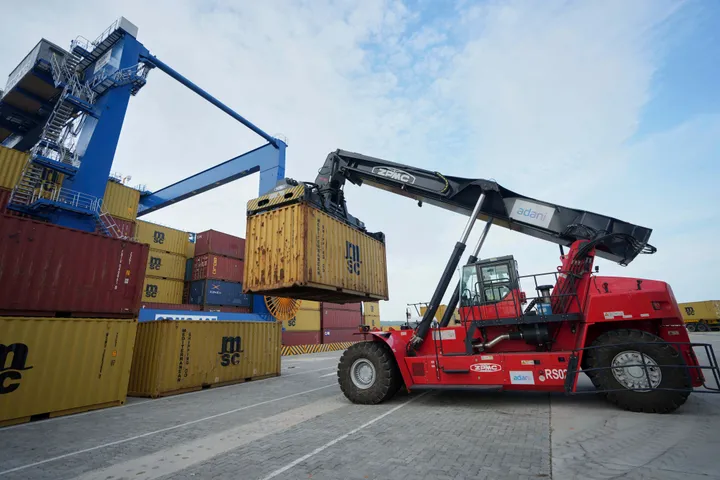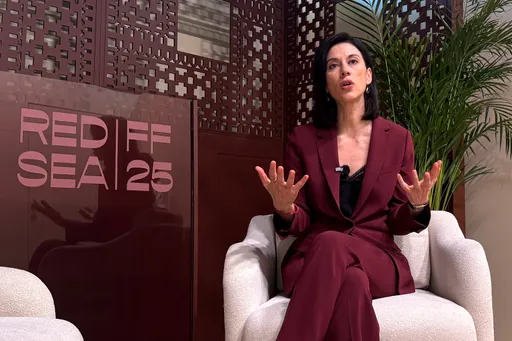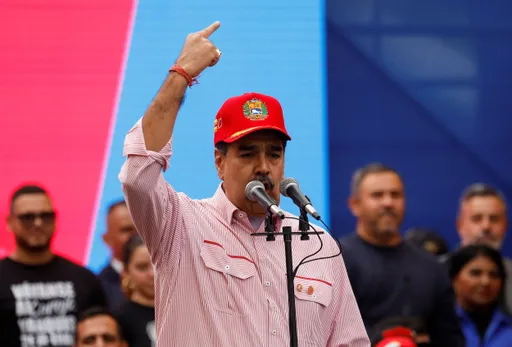A major row in South Africa over the independence of its central bank escalated on Tuesday, with both sides trading barbs in a dispute over whether the bank should be more concerned about citizens and less about currency.
The issue – triggered by a public watchdog's recommendation – comes just as South Africa's economy has sunk into recession, its credit rating downgraded and politics remain gripped by questions over President Jacob Zuma's stewardship.
It also adds to pressure on Zuma, who has faced mounting calls to resign, ahead of a conference in December where his successor as party leader will be chosen. His term as head of state runs until the 2019 national elections.
Public Protector Busisiwe Mkhwebane, head of South Africa's constitutionally-sanctioned anti-graft watchdog, called on Monday for the central bank's mandate of maintaining currency and price stability be changed, saying the bank should act in the interests of empowering ordinary citizens.
Few commercial interests
Speaking on 702 Talk Radio on Tuesday, Mkhwebane said the central bank's mandate was focused on a "few commercial interests".
The Reserve Bank said in a statement that Mkhwebane's office had no business in making recommendations about how it is run.
"The Reserve Bank has consulted its legal team and has been advised that the remedial action prescribed by the Public Protector falls outside her powers and is unlawful," it said in a statement.
South Africa's ruling African National Congress (ANC) party appeared divided over the issue, with its Secretary General Gwede Mantashe saying Mkhwebane had over-reached her powers and undermined central bank's credibility.
However, the country's largest trade union and ANC-ally Cosatu backed Mkhwebane's position.
South Africa's main opposition party, the Democratic Alliance, said Mkhwebane's recommendation "goes beyond what she is legally empowered to do" and was illegal.
Questioning the central bank's independence
S&P; Global Ratings said it was "critical" that the operational independence of the central bank remains.
South Africa's banking industry lobby group also backed the central bank, urging the government to confirm the state institution's independence.
Prolonged political turmoil has dealt several body blows to Africa's most industrialised economy.
Unemployment is at a 14-year high, key sectors of the economy are struggling as the country reels in recession and Fitch has warned that new rules on mine ownership introduced last week could deter investment.
The rand weakened as much as 1.6 percent on Monday after Mkhwebane recommendations but on early Tuesday it had recovered some ground following the central bank's comments, trading 0.83 percent weaker at 13.1000 per dollar.
On Monday evening, the bank's governor Lesetja Kganyago defended the mandate to keep inflation low and protect the value of the currency, saying it was supportive of economic growth.
Warned against meddling
Tito Mboweni, a former Reserve Bank governor, warned against meddling with the central bank's independence, which he noted had been agreed as a "covenant" between bank and government.
"It is unwise to try and change this at the slightest political provocation. It is a very serious matter for our beloved country," he said in a Facebook post.
South Africa is on the brink of prolonged economic downturn after data this month showed a second consecutive quarterly contraction to growth, with elevated political uncertainty sapping already weak business activity.
The country's credit rating was recently downgraded by all three major rating firms, with two of the top three agencies slashing Pretoria's debt into junk territory, all citing the risk of abrupt fiscal policy shifts following the sudden axing of finance minister Pravin Gordhan in March.
Gordhan, sacked by Zuma in what was seen as a political move, was a favourite among international investors.
Investors were already expressing concern about the central bank row.
"For a country grappling with political uncertainty and the medium-term need to reduce corruption and strengthen institutions, this is a worrisome development," Head of Emerging Markets Strategy at Societe Generale Jason Daw said in a note.
Dennis Dykes, chief economist at Nedbank, said: "The recommendation is completely flawed and extremely bizarre."
























